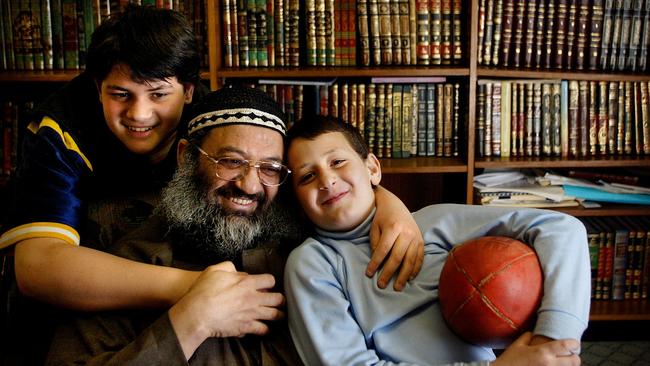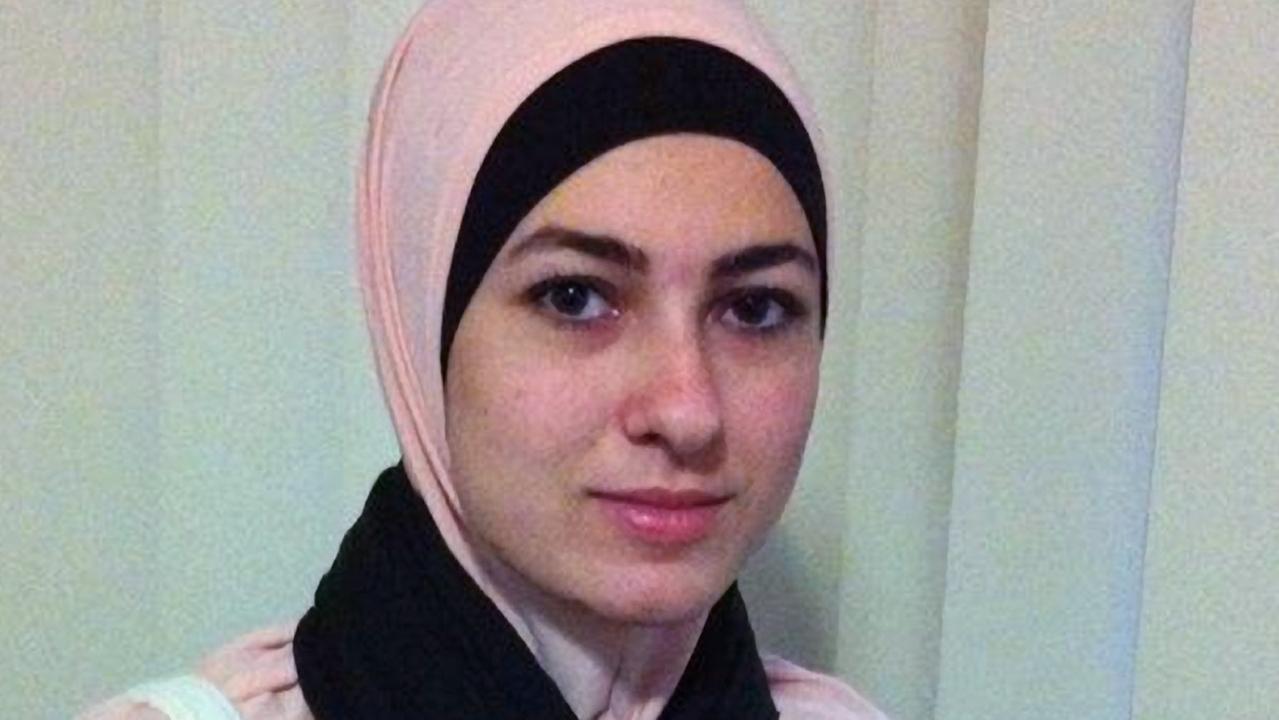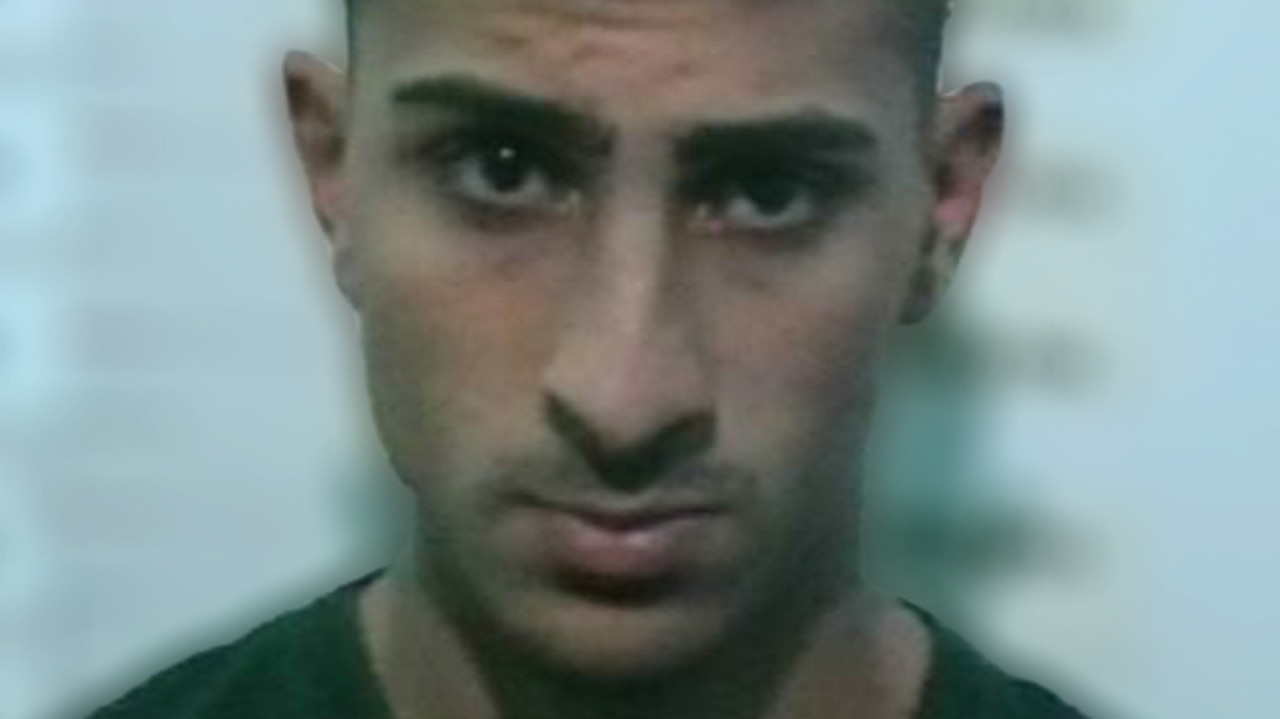Sheik Mohammed Omran slams silence on son’s Syria death
Australia’s most senior Salafist cleric has spoken for the first time about how his son was killed in Syria.

Australia’s most senior Salafist cleric has spoken for the first time about how his son was killed in Syria after travelling to the war zone to provide food and medicine to people trapped by the bloody, seven-year conflict.
Sheik Mohammed Omran revealed that Ayman Omran, 26, was killed in a missile strike in early 2016 in the besieged city of Idlib, a rebel-controlled stronghold in northern Syria, where he was baking bread and distributing medical packs with other aid workers.
Sheik Omran, the spiritual leader of the Hume Youth Islamic Centre in Melbourne’s north, supported his son’s decision to go to Syria at the height of a civil war which has caused the deaths of more than 500,000 people and created 5.6 million refugees.
He expressed frustration that Australian government agencies had been either unable or unwilling to provide any information about who ordered the airstrike that killed his son. No remains have been returned to the Omran family for burial.
“If the Australian government are a government for all Australians, they will give me the answer to that; how this happened, why he was hit by an aeroplane,’’ the sheik told The Australian.
“They come and say ‘we are sorry for your loss’ (but) they don’t care about anything. They care only to put me in the newspaper and on the TV.
“That is the job of the government, to find out. I’m sure they have secret service there and they know. They have American friends to tell them.’’
Sheik Omran, the Australian emir of Ahlus Sunnah Wal Jammah, a movement which adheres to a strict Salafist interpretation of Islam, also accused Scott Morrison of scapegoating Muslim communities in the wake of Friday’s terror attack in central Melbourne.
Counter-terrorism investigators suspect that the Bourke Street attacker, 30-year-old Somalian refugee Hassan Kalif Shire Ali, attended the HYIC.
The Prime Minister yesterday visited the site of Friday’s attack, which claimed the life of respected Bourke Street restaurateur Sisto Malaspina and left two other people injured before Shire Ali was shot dead by police.
Mr Morrison refused to soften his rhetoric, saying it was the responsibility of Islamic leaders to keep their communities safe from extremists.
ASIO director-general Duncan Lewis told a Senate estimates committee hearing in May that up to 90 Australians had been killed in the Syrian conflict.
Australia does not have a consulate or embassy in Syria and the Department of Foreign Affairs and Trade warns against travel there. A DFAT spokeswoman declined to respond to questions about the death of Ayman Omran.
“Due to the exceptionally dangerous security situation, the Australian government’s capacity to provide consular assistance or to confirm deaths in Syria is extremely limited,’’ she said.
“The government discourages, in the strongest possible terms, Australians from travelling to conflict zones such as Syria and Iraq.’’
Sheik Omran first learned in March 2016, from a government agency, that his son had been killed in a missile strike.
At the time, central Idlib and its surrounding province was being targeted by Russian and Syrian government airstrikes and barrel bomb chemical attacks by the Assad regime.
Sheik Oman was told that such was the force of the missile strike, nothing remained of his son or the bakery where he’d been working.
A spokesman for the sheik, Mustafa Abu Yusuf, told The Australian the non-government organisation Ayman Omran worked with in Syria received Australian government funding. He was unable to provide details of the NGO.
A coalition of Islamist rebels seized control of Idlib in March 2015, after four days of fierce fighting against Syrian government forces. According to the Syrian Observatory for Human Rights, the rebel groups included Ahrar al-Sham, also known as Free Men of the Levant, the formerly al-Qa’ida affiliated Nusra Front and one of its sub-units, Jund al-Aqsa. All three organisations are militant Salafist groups.
Idlib was never conquered by Islamic State and is the last rebel-controlled city still holding out against the Assad regime. It is currently home to about three million people, half of whom fled the war from other Syrian cities.
Russia and Turkey struck an agreement in September to create a demilitarised zone around the city, allow the rebels to withdraw and prevent a final showdown with government forces.
The agreement has so far failed to defuse what human rights groups fear is another looming humanitarian catastrophe in northern Syria.


